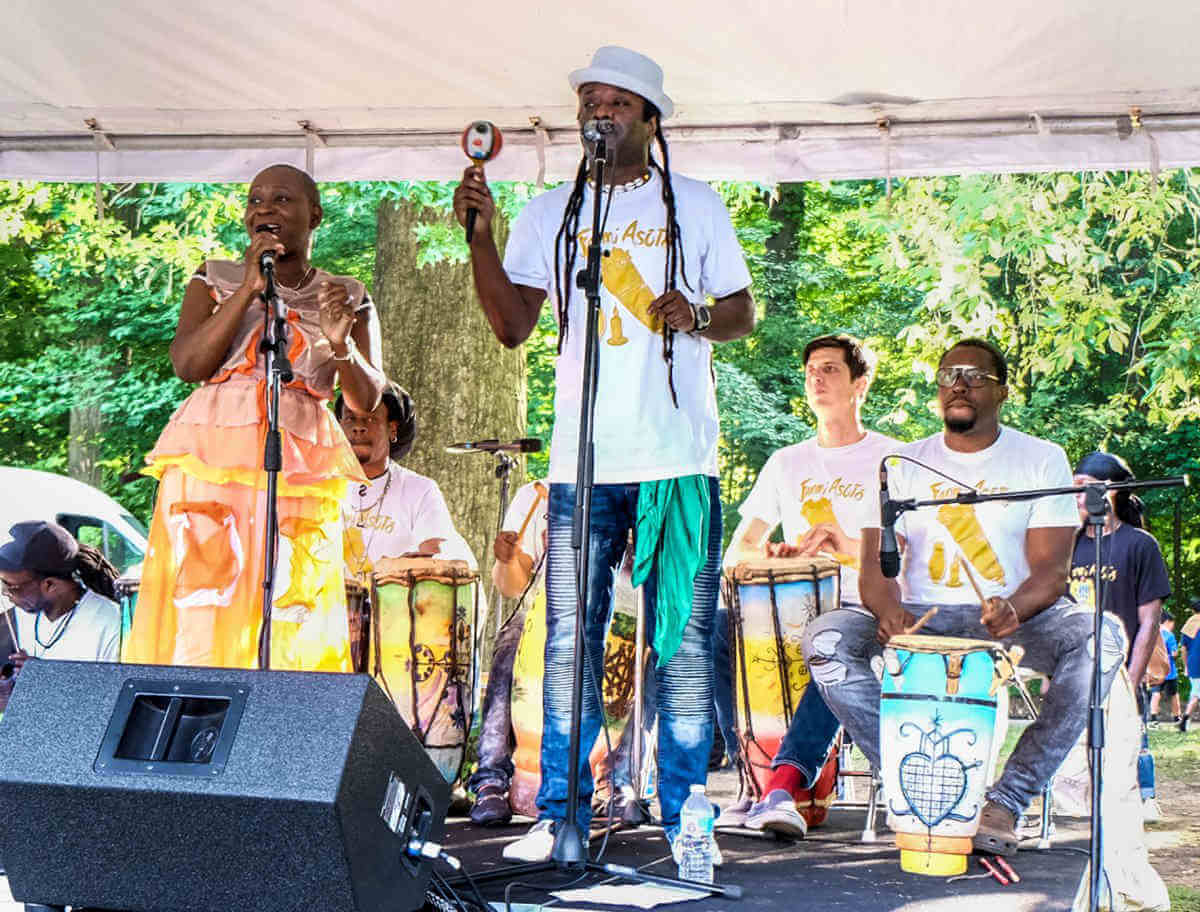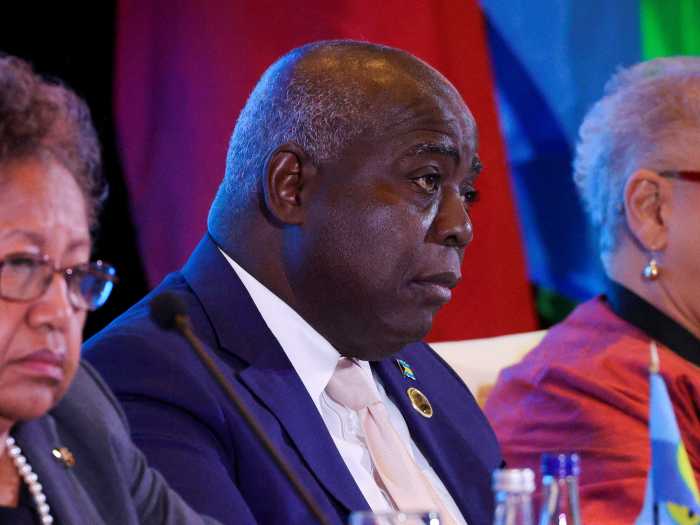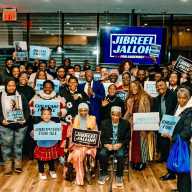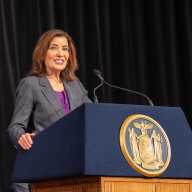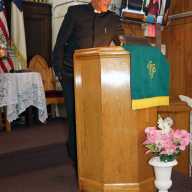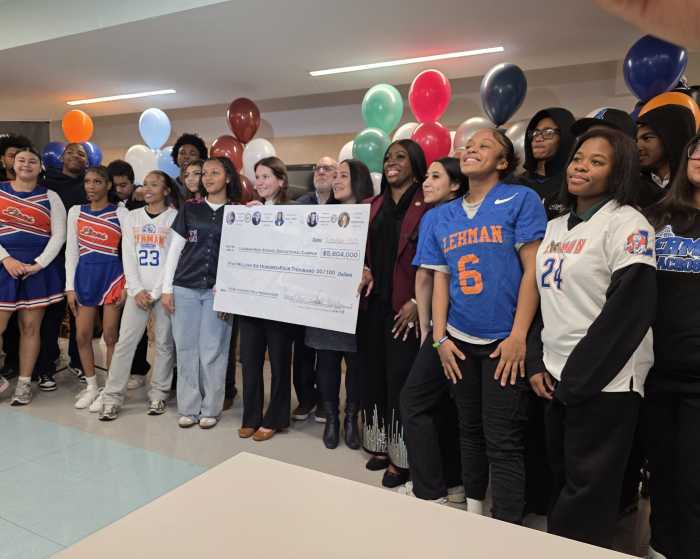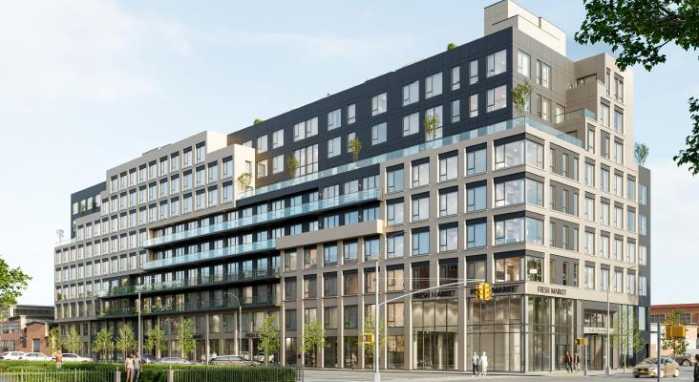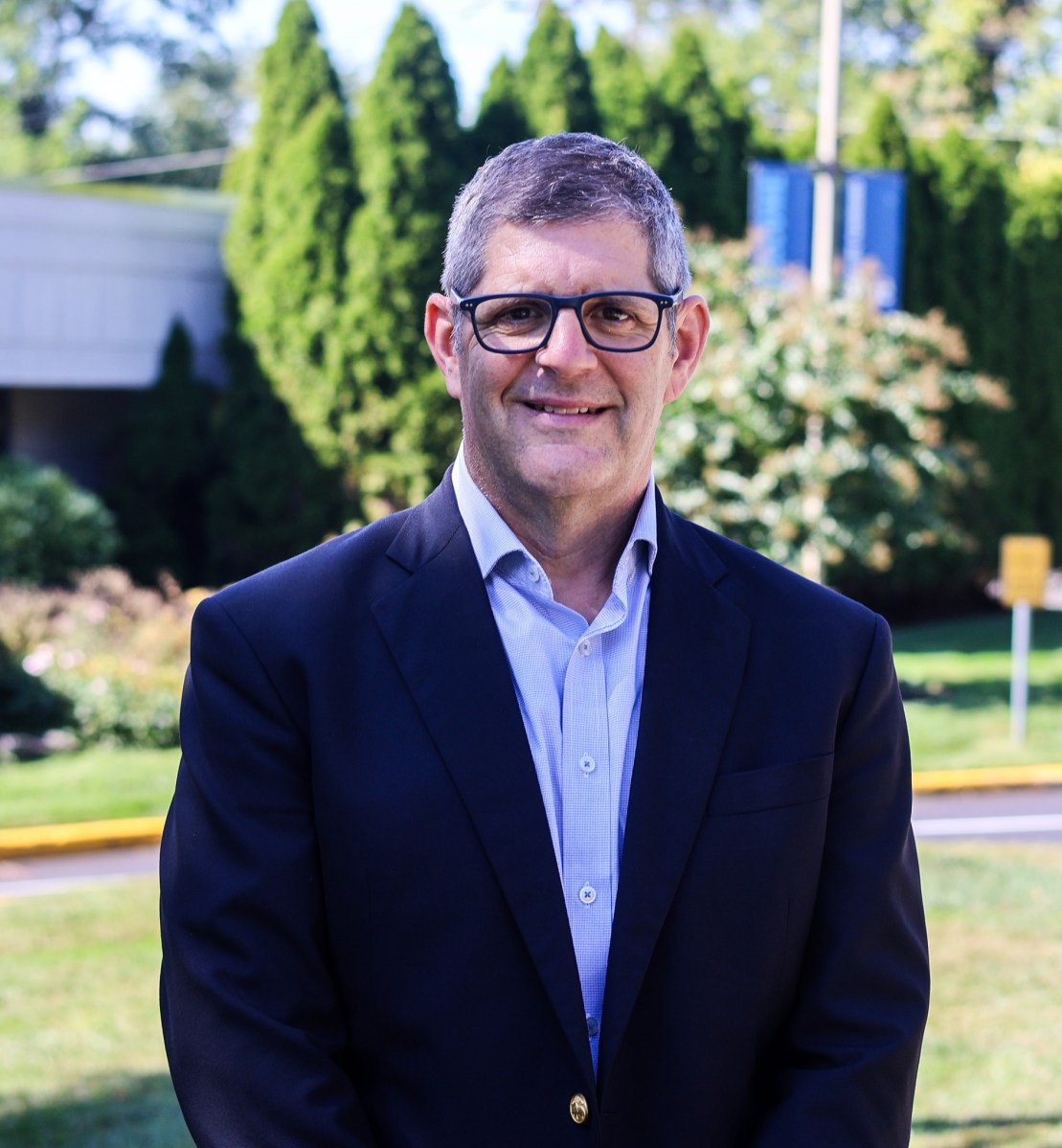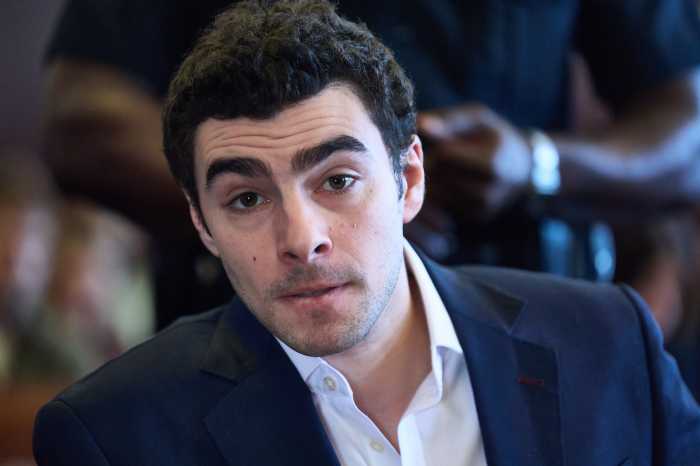On July 29 in Prospect Park, the D’Radoes Steel Orchestra opened an afternoon folk arts festival in Prospect Park, which through music, words, dance, puppets and theatrical presentations shared the cultural expressions of more than 10 ethnic communities, part of the cultural jambalaya that makes up Brooklyn.
“It started with a bang,” said one audience member, referring to the steel pan orchestra, founded in 2002 by Junior “Man” Samuels, which is an off-shoot of Witco Desperadoes. Its members are ages 8-80.
Brooklyn Arts Council Folk Arts presented the Brooklyn Roots Festival 2018, an extravaganza of traditional art forms, gearing it toward all ages. Parents with children in tow migrated between the children’s stage of interactive presentations and the main stage, where they spread out on the grass to listen to the musical performances.
On that main stage, an all-female Serbian ensemble, an Eastern European Klezmer band, a Palestinian folkloric dance troupe, and an Afro-Puerto Rican music and dance group led to the final presentation with Haitian music and drumming.
Many volunteers wore orange tee shirts emblazoned with “Tradition as Resistance,” the title of the event. Brooklyn Arts Council sees these thriving and persisting traditional art forms as being born out of histories of struggle and opposition. “These artists (are) no stranger to the tensions of the current socio-political climate,” reads the Council’s website.
Mid-afternoon, sculptor Deenps Bazile, founder of Gran Bwa, spoke at the Workshop Stage about his life as an artist and his relationship to Prospect Park. “My artist soul is grateful for Prospect Park,” said the artist who emigrated in 1979 from Haiti and believes he wouldn’t be a full-time artist if it weren’t for the park. He collects dead wood in the park for his sculptures and all of his work is related to the park.
Twenty-six years ago, Bazile started “Bwa Kayiman,” a ceremony held every year in the park on the Saturday before the anniversary date of the Bwa Kayiman Aug. 14 vodou ceremony in northern Haiti, which sparked the Haitian Revolution.
During his workshop, a young man asked, “How can I resist?” Artist Mahalia Stines, helping with translation, discovered that the questioner was very multi-ethic / cultural. She responded, “Investigate, learn, own, and be proud of your background. That’s a form of resistance!”
The friendly and easy-going Roots Festival was held in a grassy niche of the park, surrounded by the greenery near Leffert’s House —in the Children’s Corner, not far from Empire Blvd. on Flatbush.
On the Main, Workshop, and Children’s stages, Brooklynites delightfully celebrated ethnic diversity. What a joy, particularly in this political climate when that which is foreign is denigrated.
After the lively Bomba Yo, Afro-Puerto Rican music and dance performance when many audience members danced with the band, the afternoon closed with Fanmi Asoto, a band rooted in Haitian vodou. Observers became participants as the horns of rara led a procession and all present became part of the tradition.



